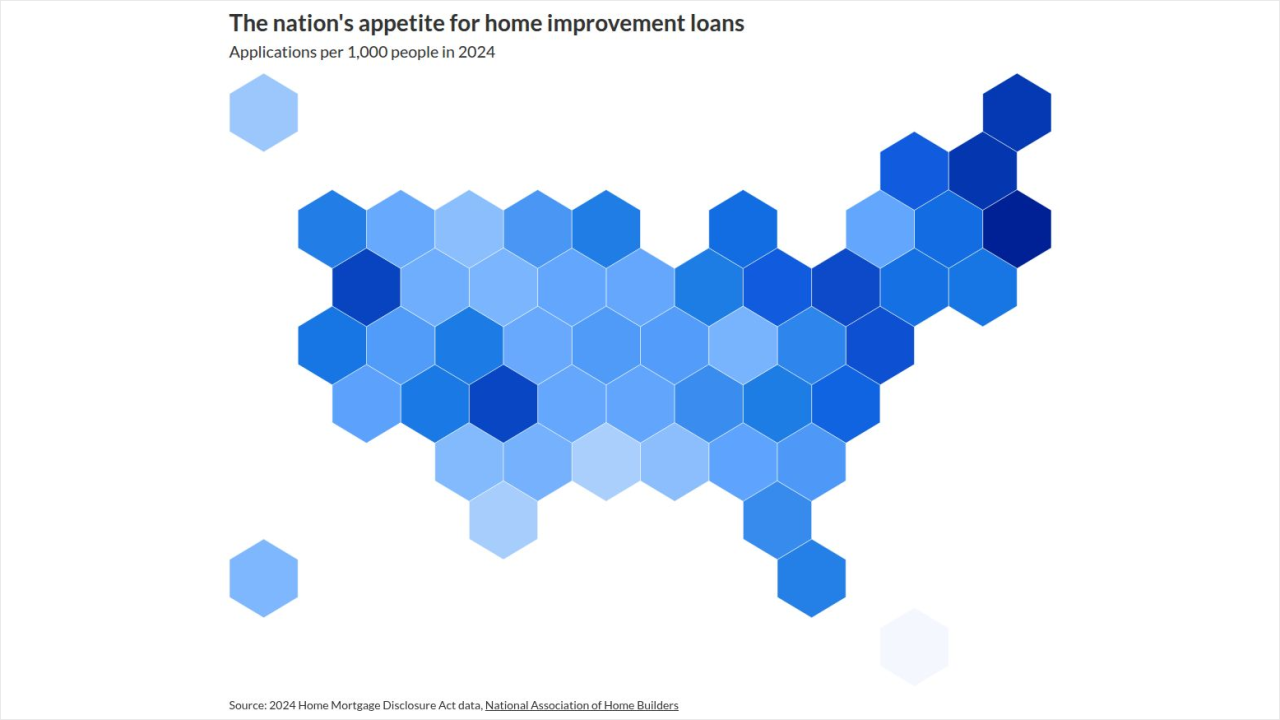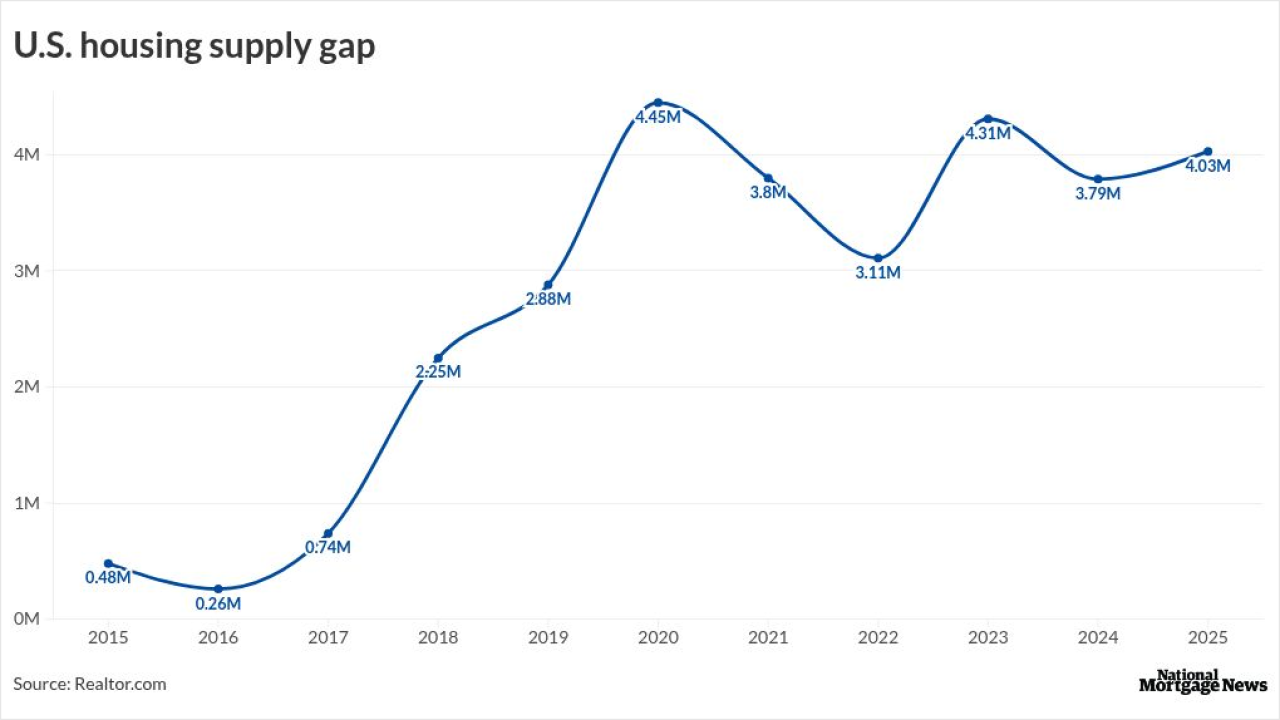Interest rates on home loans at deadline had reportedly plummeted then moderated following weakness in overall employment numbers that surfaced Friday, raising the question of the extent to which the industry might be
"Mortgage rates are plunging on the news," Lawrence Yun, chief economist at the National Association of Realtors said in a Friday morning statement, commenting on July's 4.3% unemployment rate and 114,000 job additions, marking weakness not seen in recent years.
The reaction to the Bureau of Labor Statistics data highlights a question for mortgages as expectations for more easing in monetary policy grow: What will the extent of it be and how much will it change the trajectory of their trading and the dynamics of the businesses that produce them?
Even prior to Friday's report, some economists were saying they've seen a sea change in the market indicators. That could be shifting the expectations that the market will build into pricing.
When asked Thursday if employment is getting weighted more heavily in monetary policy decisions than the Consumer Price Index that officials have been referencing as a key benchmark, Corelogic Chief Economist Selma Hepp said, "I think that pivot has just happened.
"Inflation readings have been so good the last few months, and we're seeing more rapid cooling in the labor market now. So to me, the risk feels like it's tilted towards the labor market," she added.
Mike Fratantoni, chief economist at the Mortgage Bankers Association, said in a press statement on Friday that he still doesn't expect monetary policymakers to commit to easing short-term rates, which can have some implications for longer-term mortgage financing costs.
"The Federal Reserve kept the federal funds target unchanged at its July meeting but hinted at a cut in September. The weakness in this report including the slower rate of wage growth and the higher unemployment rate certainly support such a cut, but the next inflation report needs to confirm that price growth is also slowing," Frantantoni said. "The market is moving ahead of the Fed, bringing down longer-term rates, including those for mortgages, which should lead to both more home purchases and a pickup in refinance activity."
In the mortgage-backed securities market on Friday, some researchers were reporting a notable movement in response to the job report but noted it had nuances.
The reaction was "very coupon specific," said Walt Schmidt, senior vice president of mortgage strategies at FHN Financial, noting that he anticipated the lender reaction in the primary market would be comparatively subdued.
Several factors point to potential limits to originations and impacts on outstanding mortgages that differ by rate. Financing costs would have to fall pretty far to expose the mass of borrowers who got a bargain on loans during the pandemic to refinancing incentive. A weaker economy could constrain home purchases and put more pressure on loan performance, but to date unemployment still remains low from a long-term view.
All of these are considerations the mortgage industry has been struggling to get right since pandemic. It engaged in a hiring boom at that time and was later forced to pare back painfully as policymakers raised rates for the first time in years.
Industry hiring has been trending more softly lower with some typical seasonal variations as the market moves closer to potential easing in September.
Payroll estimates for mortgage brokers and bankers that are released with a one-month lag to broader employment fell slightly to 269,800 in June from a revised 271,400





